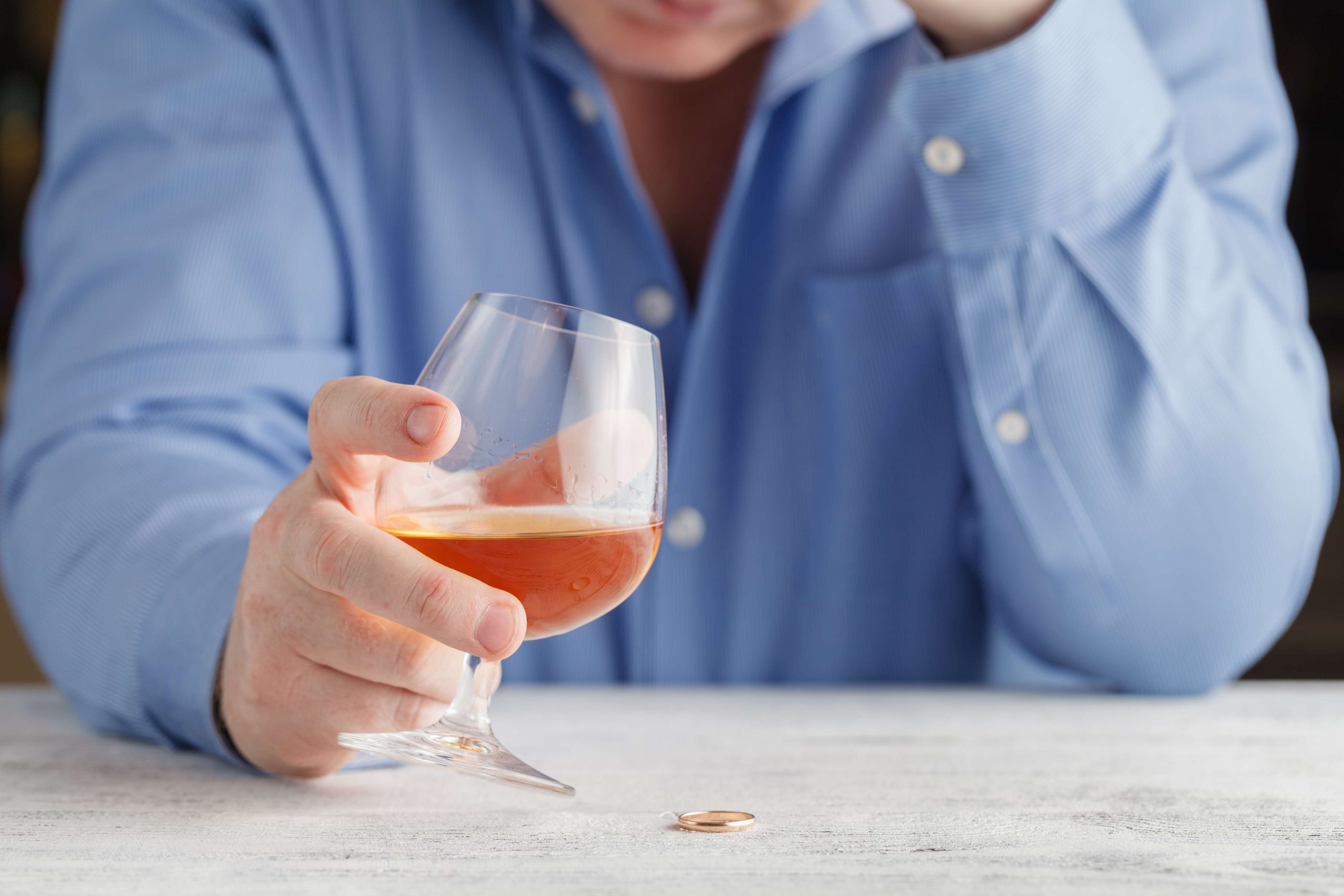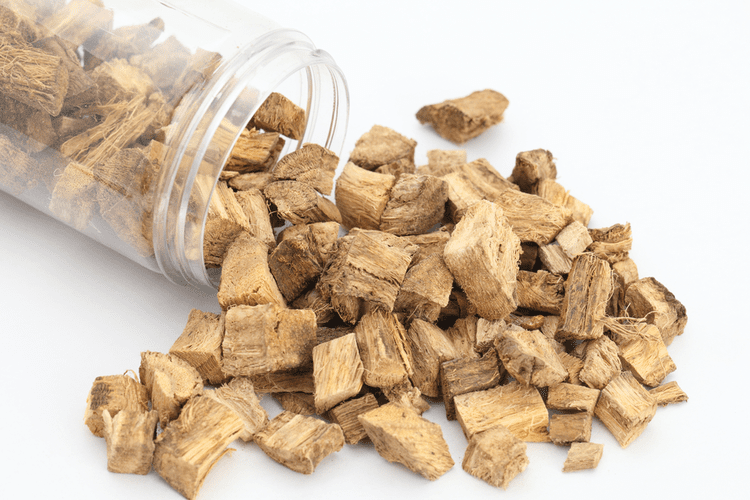Alcohol and Dopamine Does Alcohol Release Dopamine?
Content
Drugs that act on these receptors alter alcohol consumption in both humans and animals. Serotonin, along with other neurotransmitters, also may contribute to alcohol’s intoxicating and rewarding effects, and abnormalities in the brain’s serotonin system appear to play an important role in the brain processes underlying alcohol abuse. Nicotine self-administration causes burst-firing of dopaminergic neurons [108, 109] and elevates dopamine levels to 150–200% of baseline [110]. It is disrupted by selective dopaminergic antagonists [111] and selective neurochemical lesions [112]. Nicotine acts at sites and on receptors expressed by dopamine neurons and inhibitory controllers of dopamine neurons, such as local GABAergic cells within the ventral tegmental area (VTA). Deletion of nicotinic receptor subunits, such as β2, abolishes nicotine-induced dopamine release and attenuates nicotine self-administration, and re-expression of β2 restores nicotine’s rewarding effects [113–115].
When dopamine is released, it makes people feel good, so they reach for another cup of coffee. Serotonin is not the only neurotransmitter whose actions are affected by alcohol, however, and many of alcohol’s effects on the brain probably arise from changes in the interactions how does alcohol affect dopamine between serotonin and other important neurotransmitters. Thus, one approach researchers currently are pursuing to develop better therapeutic strategies for reducing alcohol consumption focuses on altering key components of the brain’s serotonin system.
Dopamine and addictive drugs
Even single-episode (i.e., acute) alcohol exposure alters various aspects of serotonin’s synaptic functions. In humans, for example, the levels of serotonin metabolites in the urine and blood increase after a single drinking session, indicating increased serotonin release in the nervous system (LeMarquand et al. 1994a). For example, increased serotonin release after acute alcohol exposure has been observed in brain regions that control the consumption or use of numerous substances, including many drugs of abuse (McBride et al. 1993). Researchers currently are trying to determine the exact mechanisms underlying the alcohol-induced changes. For example, they are investigating whether the net increase in synaptic serotonin levels results from alcohol’s direct actions on molecules involved in serotonin release and uptake or from more indirect alcohol effects.
As a result, people with an alcohol addiction may consume even more alcohol in an unconscious effort to boost their dopamine levels and get that spark back. Long term drinking, however, can lower levels of both these hormones as well as lowering blood sugar and increasing dehydration, leading to https://ecosoberhouse.com/article/alcohol-relapse-signs-symptoms-stages-stats/ worse anxiety. There is also a risk of becoming reliant on alcohol to manage anxiety, leading to other physical and mental health problems. According to a December 2016 research paper in Neuroscience & Biobehavioral Reviews, caffeine may improve cognition even when consumed in small doses.
The dopamine system and alcohol dependence
More recently developed techniques involving optical technology, calcium imaging, and genetically-encoded fluorescent protein sensors [63] will give us better methods for assessing pacemaker dopamine discharge. The first line of evidence implicating serotonin in the development of alcohol abuse was the discovery of a relationship between alcoholism and the levels of serotonin metabolites in the urine and CSF of human alcoholics. For example, the brain cells could produce less serotonin, release less serotonin into the synapse, or take more serotonin back up into the cells. Alternatively, the serotonin metabolite levels in alcoholics could be reduced, because less serotonin is broken down in the brain. To date, the exact mechanisms underlying the changes in serotonin-metabolite levels are still unknown. Dopamine is an important neurotransmitter in the central nervous system that is involved in key functions like learning, memory, motor control, and reward seeking.

People with low levels of dopamine may be more prone to addiction; a person seeking pleasure via drugs or alcohol or food needs higher and higher levels of dopamine. If you’re addicted to drugs or alcohol, it can seem impossible to stop using these substances, but treatment can help and has worked for thousands of people with substance problems. Contact FHE Health today for more information about treatment options and to begin safeguarding your physical and mental health. Researchers tried to quantify the amount of dopamine that gets released in pleasurable behaviors. So, if you enjoy eating chocolate, dopamine, on average, will rise about 50 percent above that baseline. Amphetamines, a class of drugs that includes meth, will trigger dopamine to surge above baseline at about 1,000 percent.
Does Alcohol Release Dopamine
Moreover, SSRI’s and receptor antagonists can reduce alcohol consumption in humans and animals, although these agents are only moderately effective in treating alcohol abuse. The second line of evidence implicating serotonin in the development of alcohol abuse stems from studies of compounds that interfere with the functions of the transporters that remove serotonin from the synapse. One of these agents, fluoxetine (Prozac®), is used widely for treating mood disorders, such as depression (Baldessarini 1996).

Dopamine that has been released from a nerve terminal into the synaptic cleft can travel out of the synapse into the fluid surrounding the neurons and activate these extrasynaptic receptors. Through this mechanism, dopamine modulates the neurotransmitter release that is induced by cellular excitation (i.e., neurotransmitter secretion). For example, activation of some extrasynaptic D2-family receptors can inhibit the release of dopamine itself, thereby reducing dopaminergic signal transmission. Motivational arousal is a state variable; it regulates readiness to respond to external stimuli. While rewards and punishers elicit responses regardless of emotional state, it is predictors of rewards or punishers that depend on motivational arousal.
As a result, alcoholics consume even more alcohol in an unconscious attempt to restore their dopamine levels and regain their spark. Only a small quantity of dopamine is released in a healthy functioning brain, and it seldom fills all of the accessible dopamine receptors. Other research indicates that some people tend to have a higher release of and response to dopamine than others. In addition, those individuals may be predisposed to drink more heavily and develop an alcohol addiction. Individuals with low dopamine levels may experience a loss of motor control, such as that seen in patients with Parkinson’s disease.
- Burst-firing can also influence motivational arousal; consider the behavior of an animal when a pheromone-emitting conspecific passes nearby.
- However, the 5-HT1A receptor antagonists also altered food and water intake, suggesting that this receptor may modulate general consummatory behavior rather than specifically reduce the desire to drink alcohol.
- The main actions of caffeine are mediated through actions at adenosine receptors that form heteromers with dopamine receptors.
- The observation that P rats naturally have low serotonin levels supports the hypothesis that heavy drinking may partly represent an attempt to normalize serotonin levels in certain key brain regions, because acute alcohol consumption can elevate serotonin levels.
- Nicotine enables LTP in glutamatergic inputs to the dopamine system and primes the ability of cocaine to induce LTP in the amygdala [117, 118], a structure anatomically related to the striatum [119].
Dopamine antagonists decrease lever-pressing for ethanol in a sucrose-fading procedure [130, 131]; this is done in animals that were experienced with ethanol and during intervals of alcohol deprivation. In a conditioned place preference study, alcohol is reported to be dopamine-dependent in alcohol-naive animals but not in withdrawn, experienced, animals [132]. One possibility is that a dopamine-independent pathway is also involved in ethanol reinforcement [132, 133].
